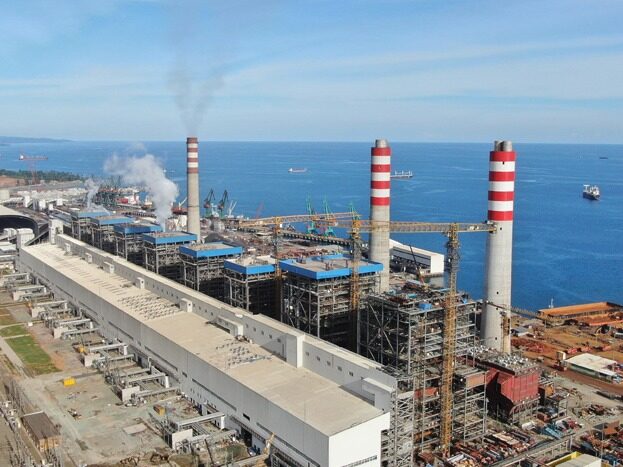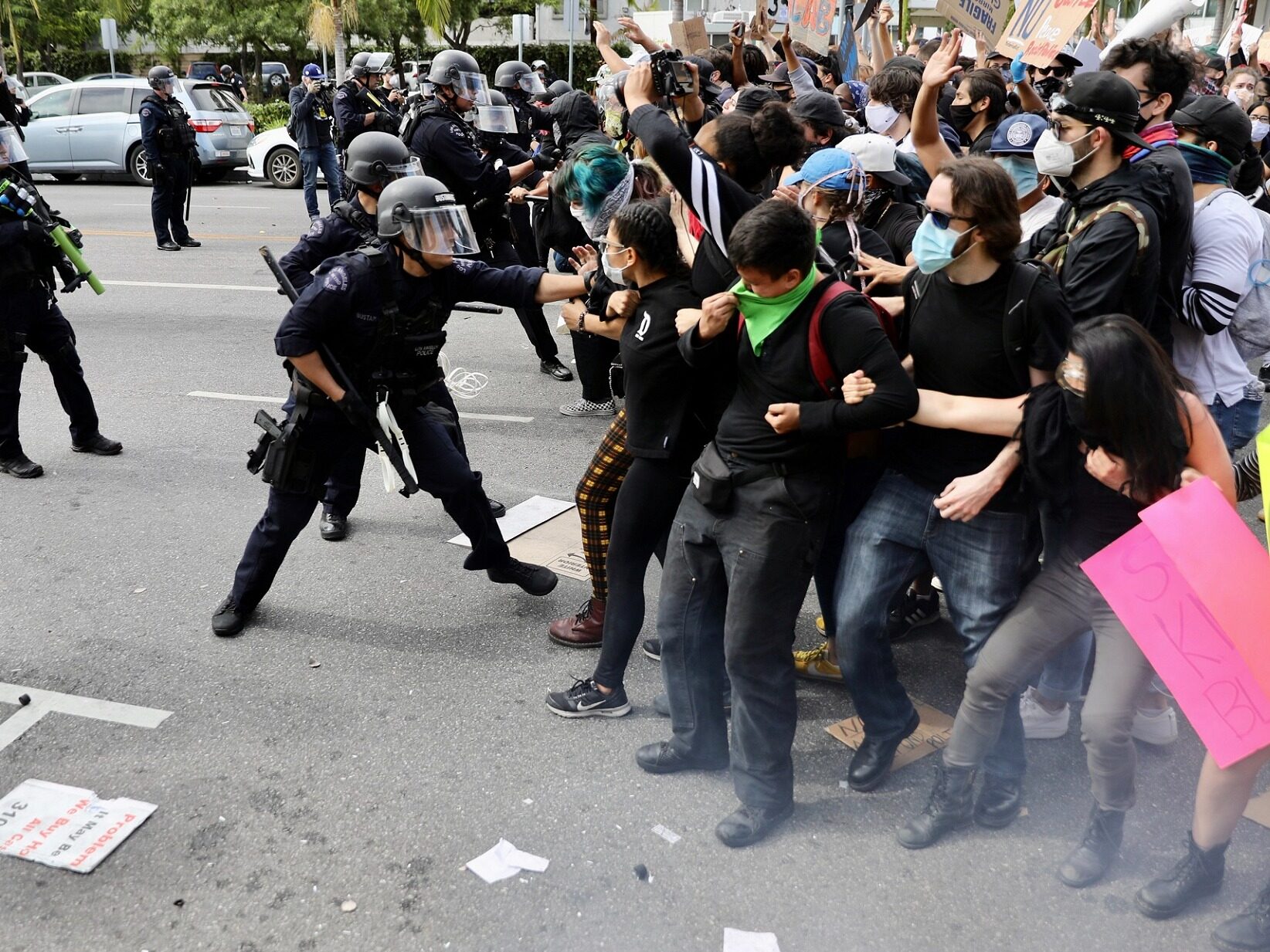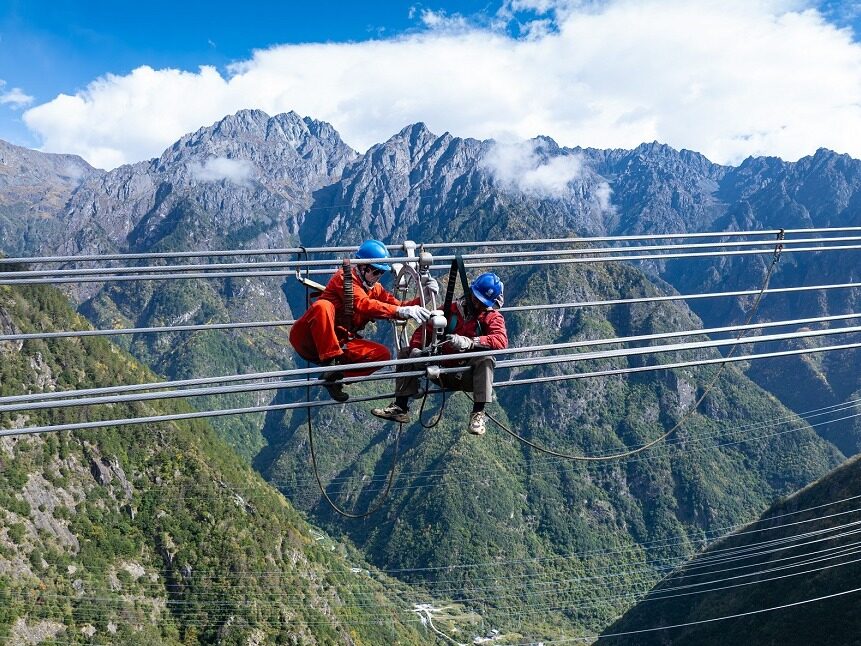
- Mao Zedong's "Qinyuan Spring and Changsha" was written in colorful autumn colors, full of vigor and vitality.
The ancients said: poetry and will, songs and chants, poetry as if they were. Mao Zedong, the dragon among people, is also the biggest hero in Chinese history. In the free time of poetry, poetry and poetry are occasionally my affair, while most of his poetry are narratives and aspirations. Mao Zedong wrote many poems throughout his life, dozens of them. Among them are four masterpieces called Huang Zhongda Lu, which are also masterpieces of Qi and Sun. But predecessors also misunderstood and misunderstood many of them. We are not too rude, but we have interpreted them slightly.

[Solution]
Independence and cold autumn, ask the vast earth, who is up and down? -Can summarize the word imagery. The word was written in 1925, when Mao Zedong was about to bid farewell to his hometown and was ready to go, he was inspired to write poems, determined to be on the stage of history and be a confession of the times master.

[Interpretation]
Independence in the cold autumn, the Xiangjiang River goes north, and the orange island is at the head. This sentence is a rise.
Seeing Wanshan red, all layers of forest are dyed; This sentence sums up the refinement of what you see right now.
The eagle hits the sky, the bottom of the fish is shallow, and all kinds of frost are free to compete in the sky. This sentence is integrated into the realm of "there is me" in Wang Guowei's "The Words in the World" by Jing Yanzhi, which is not subjective to writing scenes. All kinds, not all things, are living things. Competition, that is, competition-the buzzword at the time was that the nature of the competition, the fittest survive. Frost sky is an autumn landscape and also a metaphor and symbol, as well as a harsh living environment. At the end of the 19th century, Yan Fu introduced the concept of Chinese Tianyan, that is, natural selection, competition for survival, superiority and inferiority, survival of the fittest.
The word freedom is also a new concept that was introduced to China from the West in the early 20th century. In the early 20th century, when British philosopher Russell visited China, Russell was considered to be the giant of liberalism. From the end of October to the beginning of November of 1920, the Hunan Provincial Education Association held academic lectures of Chinese and foreign celebrities in Changsha, inviting Dewey, Russell, and famous scholars Cai Yuanpei, Wu Zhihui, Li Shicen, Zhang Dongyu, Zhang Taiyan, Yang Duanliu to lecture in Hunan. It covers issues of philosophy, education, social transformation, and gender equality.
At that time, when the Hunan Autonomous Movement initiated by Mao Zedong failed and his thoughts were confused. Mao Zedong went to listen to the lecture, and at the same time was invited by the Ta Kung Pao to serve as a special recorder and make a voluntary record of the speech. But Russell at this time would never have thought that the young man who was the record now would completely change China and the world in the future. More than 30 years later, Russell wrote a philosophical book explaining Western liberalism for Mao Zedong: "The Wisdom of the West"
He Liaokuo asked the vast earth, who is up and down? In this sentence, sparse, that is, vast, refers to the empty and vast space. Mao Zedong looked around the emptiness and vastness of the upper and lower quarters. So Mao Zedong asked: The vast land in front of you-who is your master and determines your destiny? The second half of the word is Mao Zedong's answer to this question.
Bring the Bailu Zengyou, recalling the thick past years. This sentence recalls the past, and traveled to study here with many friends.
The classmates are young and handsome, and the book business is flaunting. We were young, spirited and fearless.
Pointing the rivers and mountains, stimulating the text, the dung was in those days! We sharpen our will, comment on current affairs, and despise those big men who are facing the moment.
Have you ever remembered that when you hit the water in the middle stream, the waves will stop the flying boats! Do you remember, we jumped into the river together and swarmed! The waves we stirred up changed the course of the river boat! This is also the answer to the question of chanting-who can control the ups and downs-is ourselves!
[Translation]
Standing alone in late autumn
Looking down at the Xiangjiang River
Look at the mountains and peaks are red
The layers of wood seem to be dyed
The river is blue and clear
Many ships scrambled in the wind and waves
Eagles fight in the sky
Fish soared under the water
Thousands of creatures compete for freedom in the frosty autumn
惆怅 Facing the vast universe
I want to ask this vast land
Who controls the fate of all things
I traveled here with my partners
Reminiscing the past, those extraordinary years haunted my mind
We plan mountains and rivers and attack current affairs
Look at those big men like dung!
Do you remember?
When we swim to the middle of the river
The waves that fly up
Actually blocked the flying boat!

[Interpretation]
"Qinyuanchun · Changsha" was written by Mao Zedong in the autumn of 1925. Changsha was the place where Mao Zedong's personality was formed, and Changsha was also the center of Mao Zedong's early political activities.
In 1911, Mao Zedong rushed from Shaoshan, a remote village in Hunan, to the first normal university in Changsha. Mao Zedong initially formed his own life goals and world outlook.
In 1917, Mao Zedong organized the Xinmin Society to embrace the concept of saving the country and the people, and began to engage in early social activities.
In 1920, Zhou Zuoren established the Beijing branch of Utopia New Village in Beijing. On April 7, Mao Zedong visited Zhou Zuoren in Badaowan. At this time, Mao Zedong also drafted his plan to build a new village, "The Work of Students," and planned to implement this utopian plan in Yuelu Mountain, Changsha.
In 1936, Mao Zedong talked with American journalist Snow in a cave in northern Shaanxi, saying, "I became more and more interested in politics and my thoughts became more and more radical. But my thoughts were still chaotic at the time. I am looking for a way out. "In July, Mao Zedong returned to Hunan to participate in the Hunan Autonomous Movement. He ran through every village and town under Yuelu Mountain, but could not find a suitable new village experimental base. On September 3, Mao Zedong formally proposed the construction of the "Republic of Hunan" in the article "The Fundamental Issues of Hunan Construction-The Republic of Hunan" in the Ta Kung Pao. In October, Mao Zedong was the recorder of speeches made by Russell and other famous scholars in Changsha.
In 1921, Mao Zedong accepted Marxism and participated in the establishment of the Communist Party of China.
In 1922, Mao Zedong organized a worker tutoring school in Anyuan and led the Changsha civil workers to strike in the same year, which promoted the establishment of the Hunan Federation of Trade Unions. Because he was wanted for the first time, he fled.
In the spring of 1925, Mao Zedong returned to Hunan. He returned to his hometown to organize a peasant movement and was arrested by the Xiangtan County Defense Bureau. On August 28, under the cover of relatives and friends in Shaoshan, Mao Zedong got rid of hunting and arrived in Changsha. He was called to Guangzhou to participate in the Kuomintang-Communist cooperation and join the National Revolutionary Movement. This was a turning point in Mao Zedong's early career. Since then, Mao Zedong has become a professional political activist and revolutionary. This time in Changsha, on the way, Mao Zedong revisited Yuelu Mountain, Orange Island and other places along the Xiang River, which were often visited during his student days.
The time when the value stands. Mao Zedong stood on the head of the Orange Island, looking back on the first 30 years of his life, especially thinking about studying life and social activities in Changsha from 1911 to 1923, thinking about the 1911 Revolution, the May Fourth Movement, the May 30 tragedy, the Kuomintang-Communist cooperation, etc. Thousands. In addition to emotion, it is the word that expresses passion, aspiration, ideal and ambition.
Good poems must have famous sentences for their eyes. The poem eye of this word is in the first half of this sentence-怅 廓 廓, asked the vast earth, who is up and down? And the last two sentences in the second half of the first sentence, "Zeng Ji No, hit the water in the middle stream, the waves restrain the flying boat", is exactly the answer to this question.
[Comparing Mao Qin and Hu Shi's Two Qin Yuanchuns]
Hu Shi studied all his life without skill, especially he did not understand poetry. However, Hu Shi had argued with people (historian He Bingxuan), and ridiculed that Mao Zedong would not write poems-it seems that Hu Shi knows and writes well.
In fact, in terms of poetry, the gap between Hu Shi's poems and that of Mao Zedong cannot be calculated. For example, shortly before Mao Zedong wrote this Qinyuanchun · Changsha, Hu Shi also wrote a Qinyuanchun · Yong Russian Revolution. In the world, you are not afraid of not knowing the goods. We might as well put it together with Mao Zedong's "Qin Yuan Chun", and compare the two. Its advantages and disadvantages can immediately be seen clearly.
The "Qin Yuan Chun" by Hu Shi in 1917 chants the Russian Revolution. The original text is as follows:
Guest thinking? Frozen snow layer of ice, northern capitals.
Thinking of black hoodie, Xuanang boy,
Commanded to kill thieves, everyone cheered.
Going to Du Fu's "Sand (Emperor)", Zhang Jiuzi, this intention is true.
On the cost, there are hundreds of years of writing, how many heads?
100,000 prisoners on ice, 10,000 miles flew to the amnesty.
Come for free, go with him today;
Fight against thieves, who loses after all!
Clapping and singing, "Long live New Russia"! Mad Mad Hugh laughed at Hu.
From now on, looking at such fun things, who will come later?
This word was written by Hu Shi at the outbreak of the February Revolution in Russia in 1917, so the title "Long live New Russia" was published in the New Youth Monthly No. 3 and No. 4 (June 1 of the 6th year of the Republic of China).
However, the word is very shallow, and the term is jerky. For example, what is "coming for free, go with him today; fight with thieves, after all, who loses! Clap hands and sing, long live New Russia!" What is "going alone in the 'sha' (referring to the tsar)", "Zhang Jiuzi, which means that this fruit is true." —— It is a slogan of political slogans that is popular in the 20th century. Works. Later, it was pointed out that Guo Moruo's poems also used this style more, which was ridiculed by posterity-it was Hu Shi who did not know how to create this style.
Both Hu Shi and Mao Zedong's Qin Yuan Spring Poems were written in the early 20th century. However, it can be seen that, whether in terms of ideological connotations or literary chapters, these two words are not on an order of magnitude at all, and the difference cannot be inferred.
Hu Ci is weak, weak in imagination, and stingy. His words have neither the majestic image of "suffocating the vast earth, asking the vast earth, who is up and down", nor the "book business spirit", unable to "exhort Fang Yan", "manure of the year", nor deserve to "point the country and encourage the writing".
However, Mao Zedong's "Qin Yuan Chun" in his early years had a magnificent image and profound meaning. At that time, Mao Zedong was still a little-known grassroots person and a civilian. But "the branches of Qifeng are still weak, and the shape of Hualong is faint." It was after writing this word that Mao Zedong said goodbye to his homeland forever, went to revolution, to politics, into history, and began to make history!
How can Hu Shi's sour words and the spirit of young Mao Zedong want to dominate the heavens and earth to save the ups and downs? !! Author / He Xin Editor / Zhao Yongjing
Comment
 Praise
Praise
 Collect
Collect
 Comment
Comment
 Search
Search














Write something~